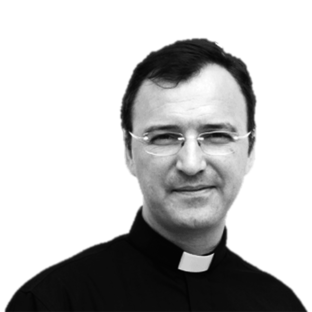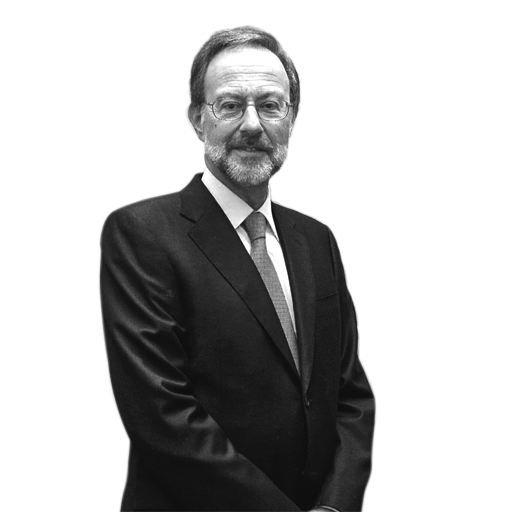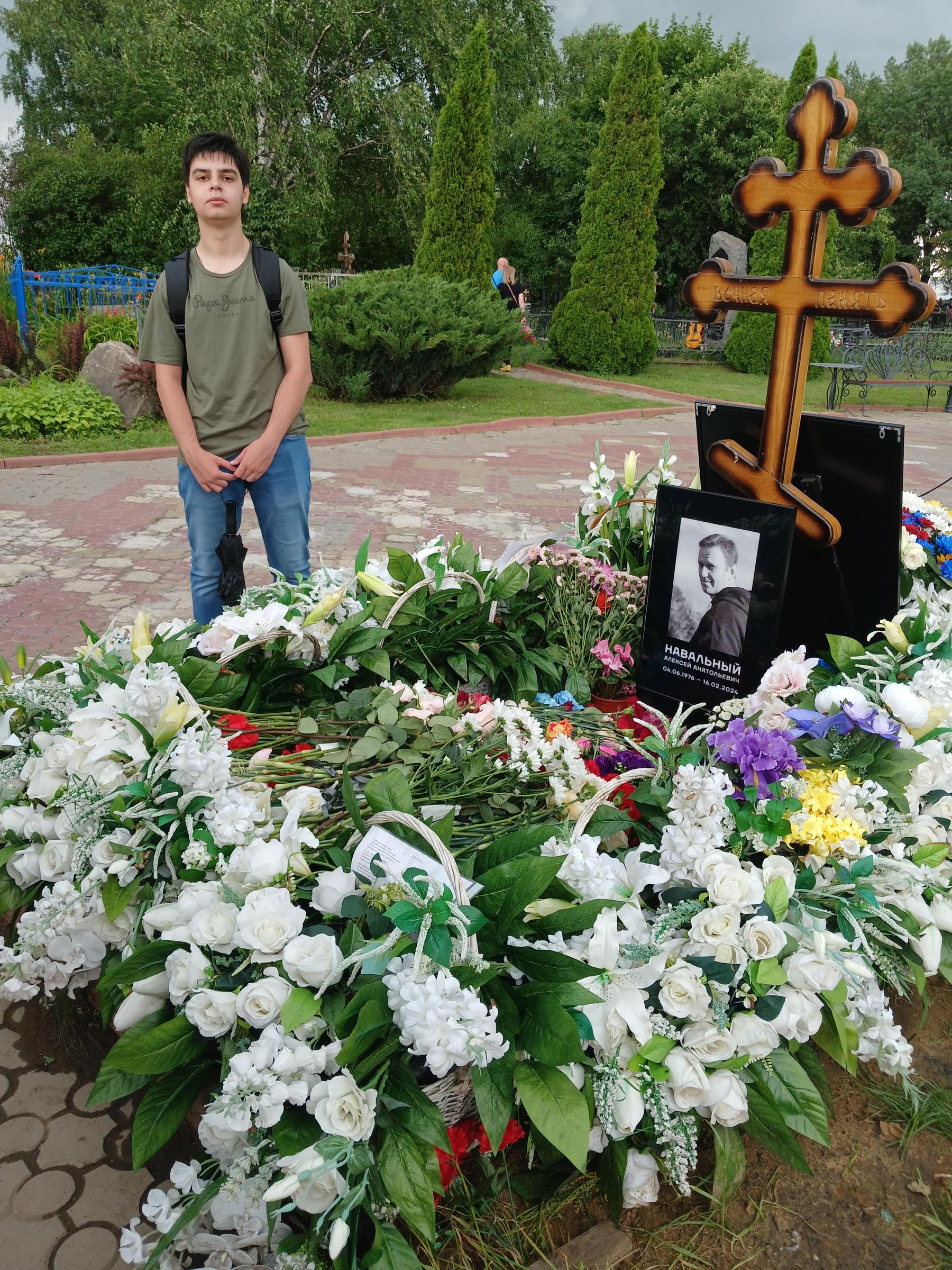The world lost a good man

In politics, there are those who believe that when choosing a new leader voters always choose a candidate who is the opposite of the one who is about to leave office. This was, above all, in the US elections. Retreating to the late twentieth century, George Hw Bush followed the popular Bill Clinton, which in turn was succeeded by conservative George W. Bush. This was followed by Barack Obama that after becoming the first African American in the White House paved the way to white multimillionaire Donald Trump whose presidency was only « interrupted » by Joe Biden. All choices markedly different from the predecessor.
Now that we live the exceptional days of a Pope’s death, it is important to remember that this theory of alternation of personalities and policies is also applied to the choice of the Catholic Church leader by the 135 cardinals entitled to choose the future Pontiff. As various cardinals and theologians have remembered in newspapers, radios and televisions in Rome – and the Vatican in particular – there is a saying that everyone has repeated: « A fat Pope succeeds a thin pope. »
Therefore, in order to realize that genre of leader may have the Catholic Church, it will make sense to begin by looking at Francis, the smiling pope who came from the « end of the world » to command the Church of Christ. He was a lot of things: the first Latin American Pope, the first Jesuit, the first to take office with the still alive successor, the first to visit land such as Iraq and the United Arab Emirates, the first to live outside the apostolic palace-and also the first Francis. He tried to foster the interreligious dialogue, attributed positions of responsibility to women, tried to make the church a less reverential place, to bring it closer to the faithful and the peripheries-the places like the one from which he came from.
He spoke publicly against laws that criminalized homosexuality and welcomed members of the LGBT community – despite using offensive terms against that same private community. He defended the poor, the migrants, tried to democratize the church. He played an active role in world politics – made clear the preference for Joe Biden in the 2020 presidential presidential – visited more than 60 countries, including dangerous places such as Egypt and the African Central Republic but never returned to Argentina as Pope. All of these characteristics, praised publicly at the time of his death, obviously had reactions between a part of the church that did not see each other in them. And some of them – such as the fact that it comes from Latin America or being Jesuit – will serve to eliminate candidates for their succession. We will enter again in the balances that govern relations between men and institutions – even the religious.
For what matters most right now: the world lost a good man, who tried to give hope to the poor and disadvantaged, who welcomed those who were on the fringes of the church making it a place where everyone could have a place and a voice. At the same time their positions, complex by nature within Christian doctrine, have not pleased everyone, but this is part of the role of a leader: doing what he believes to be best for his community.
Showing convictions and being coherent is something that nowadays seems to have fallen into disuse in Portuguese politics. Francis The death is an example of this. She seems to have joined all party leaders from left to right, in unanimous grief and each one chose the aspects of Francis’ life and message that most invited to emphasize to enhance their own image or message, even if they do not share their beliefs or had agreed with their policies. Fortunately voters know how to distinguish the sincere reactions of opportunists.
With the series of debates between candidates for legislatures almost ending, fortunately, the marathon of debates about debates and debates about the debate that debated the debates will be over. Those who have followed with the slightest attention to what has been made on Portuguese televisions can get an image that translates more or less in the following conclusions: André Ventura loses all confrontations, Pedro Nuno Santos leaves each debate with a more credible air, Rui Tavares wins all the front, like Mariana Mortágua, Paulo Raimundo is a surprise of efficacy and Luís Montenegro has been sponsored once again It has been replaced a few times by Nuno Melo. Rui Rocha’s installments vary and Inês Sousa Real strives to exist.
It is pity that most of these conclusions do not seem to correspond to the voting intentions expressed by the Portuguese in the various polls and opinion studies. Just as they did not have in the results of the latest legislatures.
Here a few years ago, it was a habit for political parties to accuse companies of manipulation polls each time there was a discrepancy between results and electoral forecasts. But worse than differences in studies that always have margins of error are the manipulations of commentators who, under a cover of supposed exemption, bring their personal convictions to the analysis of candidates’ benefits, forgetting that politicians are talking to a specific electorate. It is in this effectiveness that one should assess whether someone wins or loses a debate. It is expected that, at least in the confrontation that matters-between Pedro Nuno Santos and Luís Montenegro-there is really exemption and professionalism.








